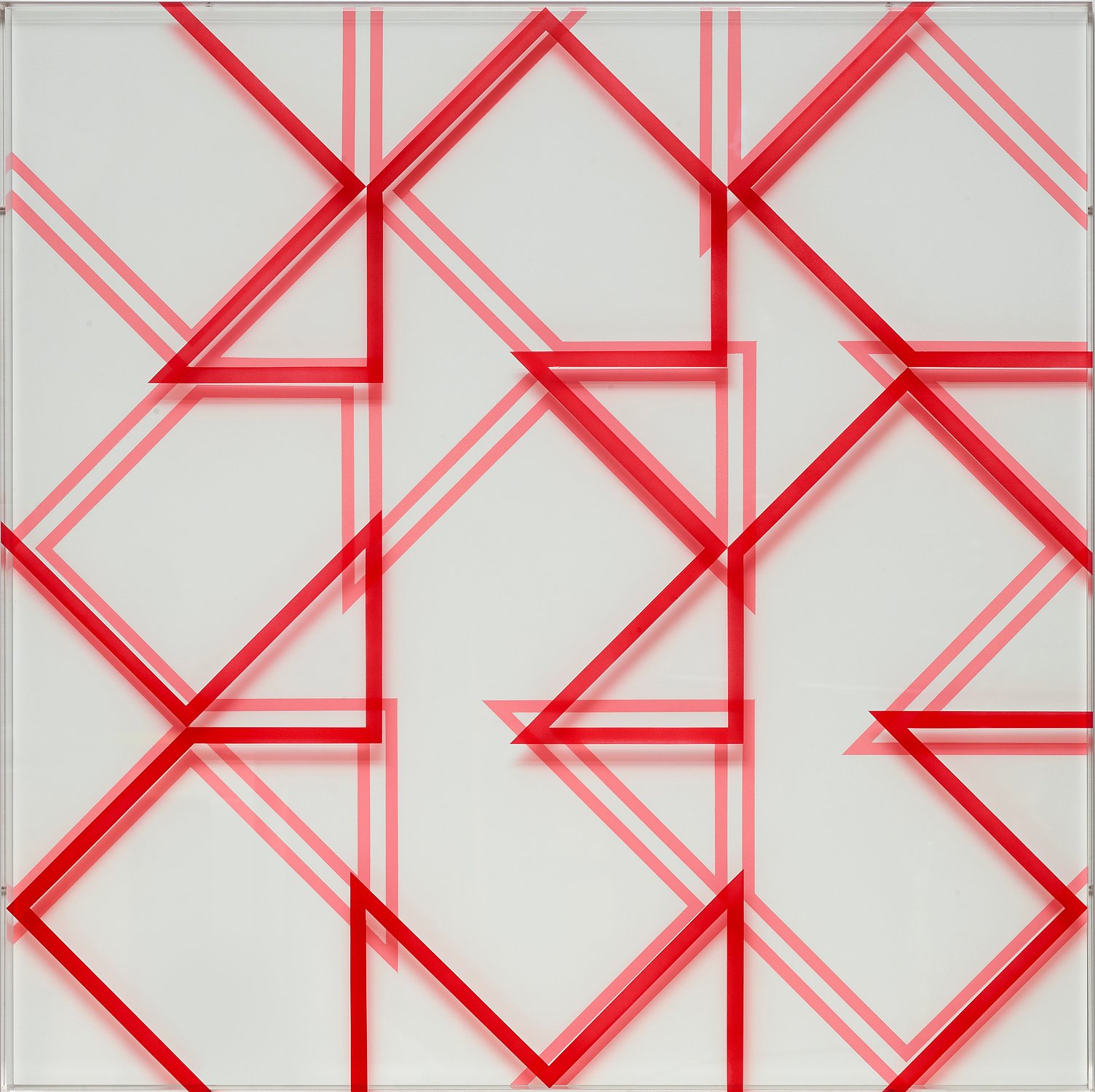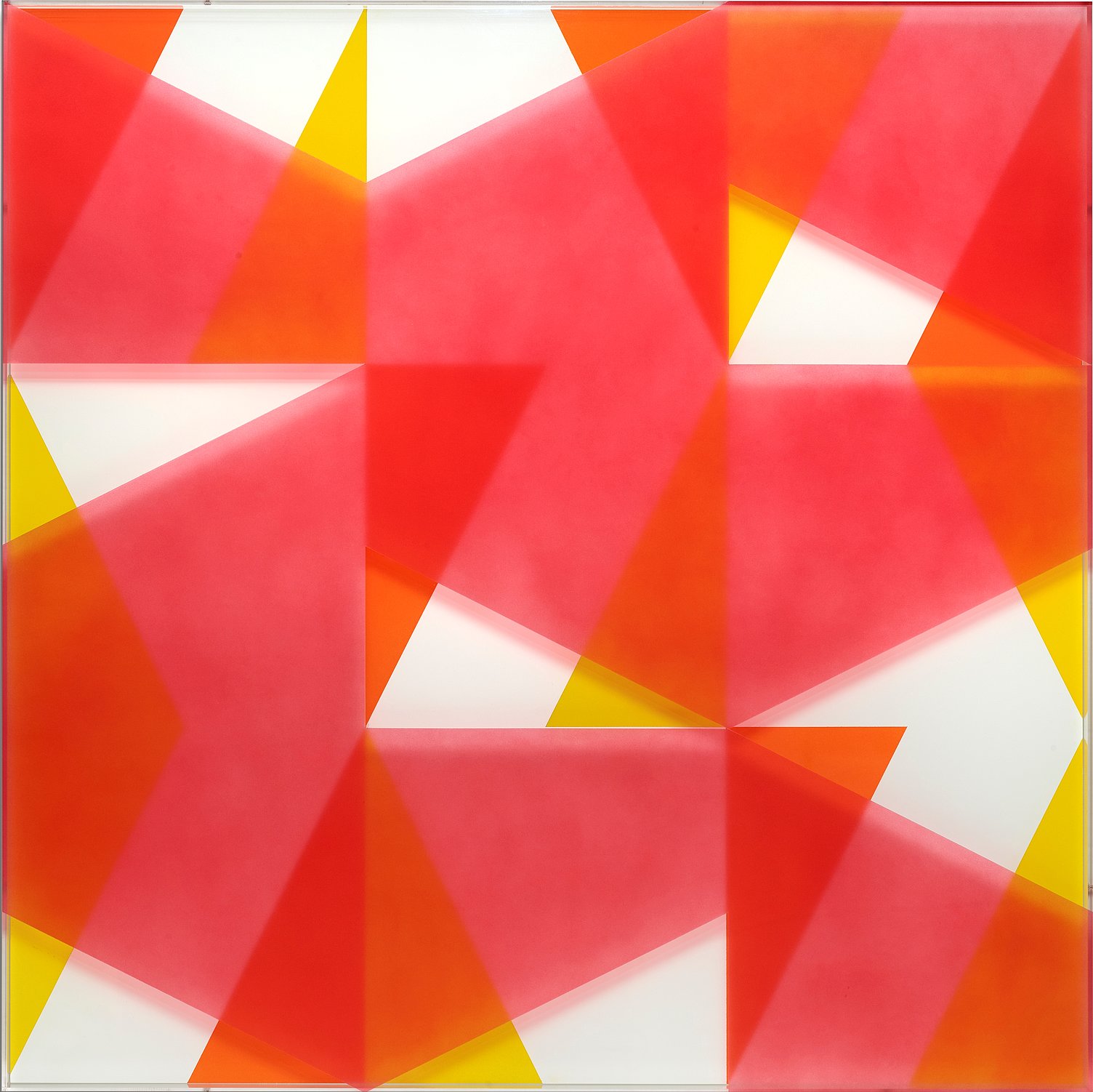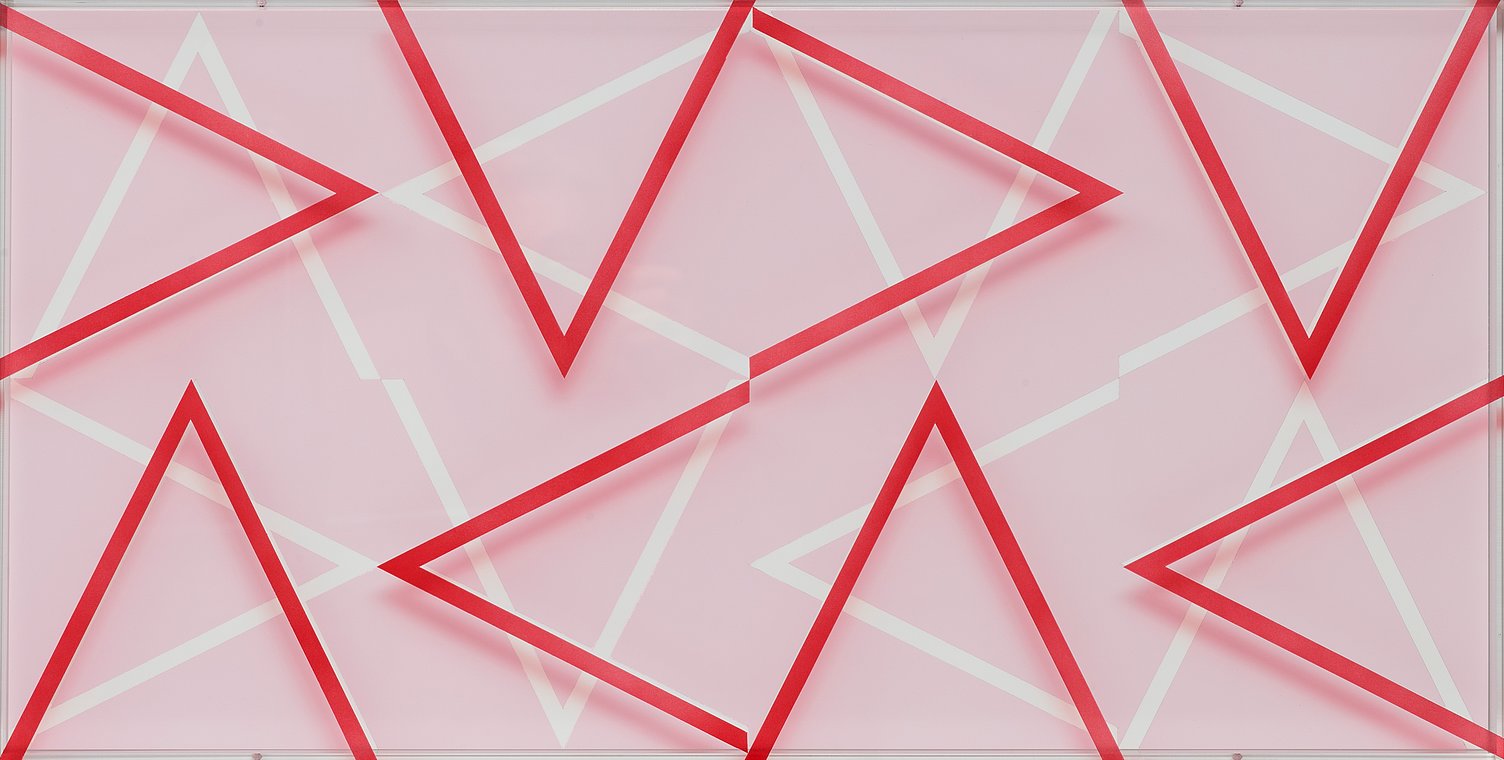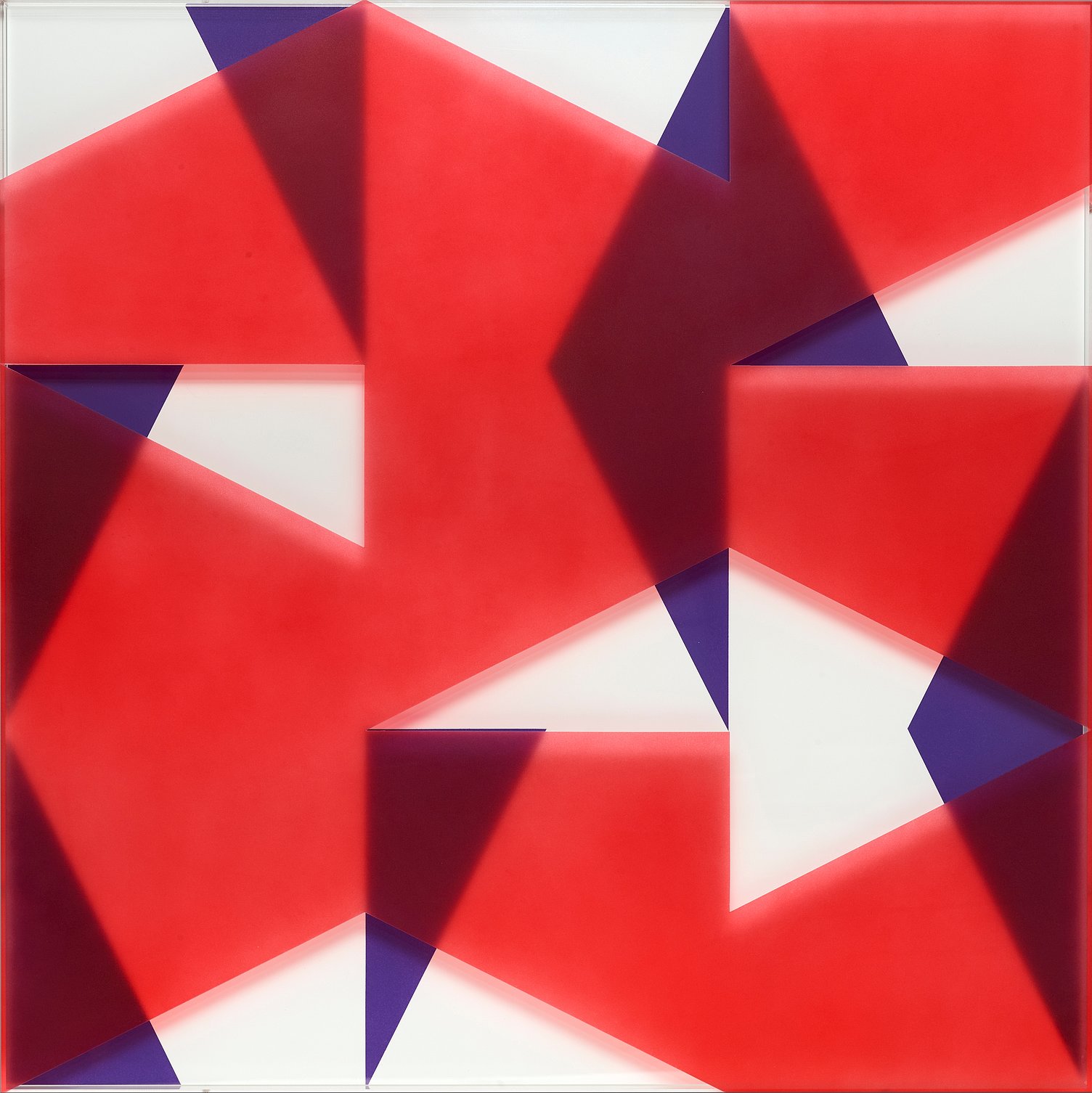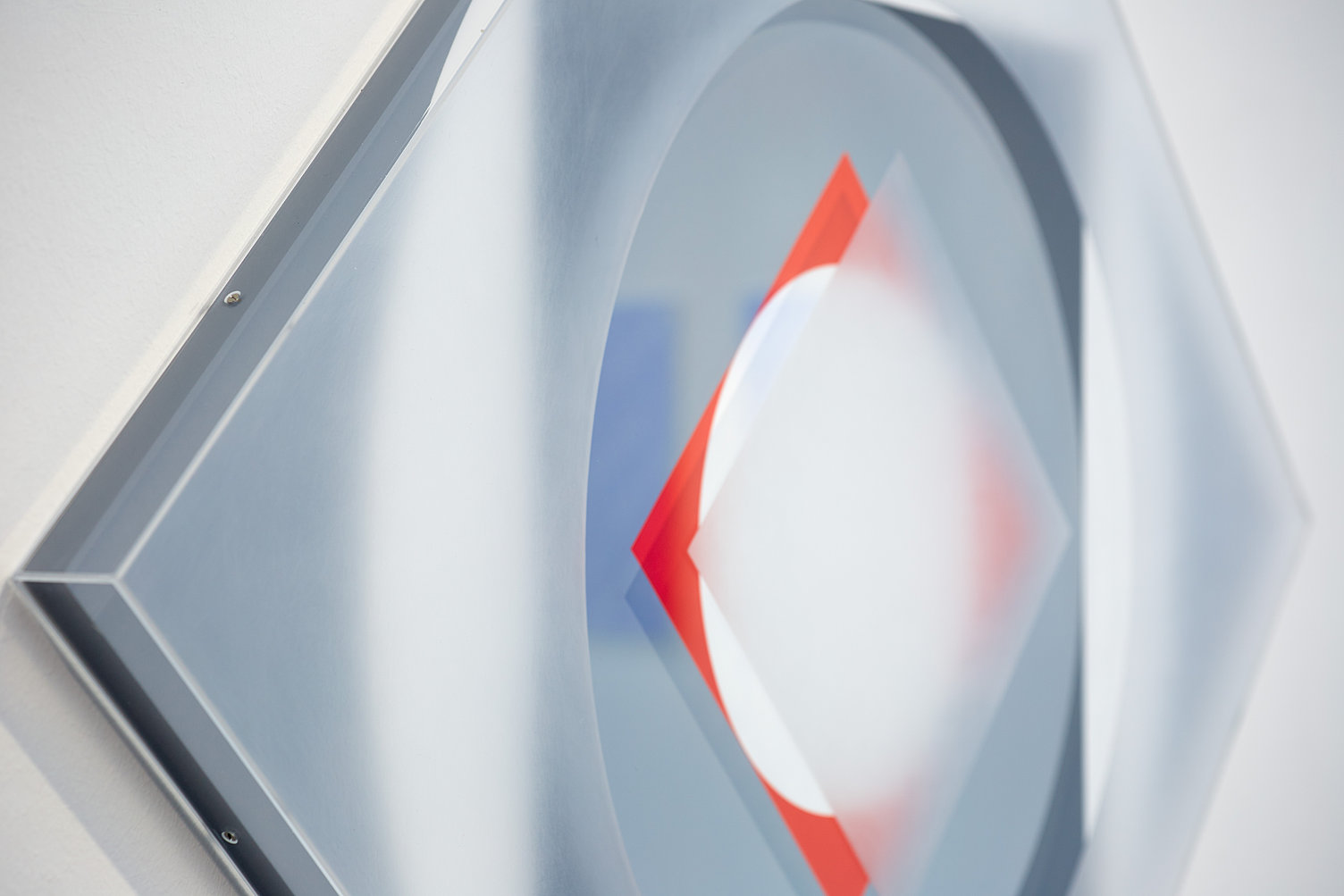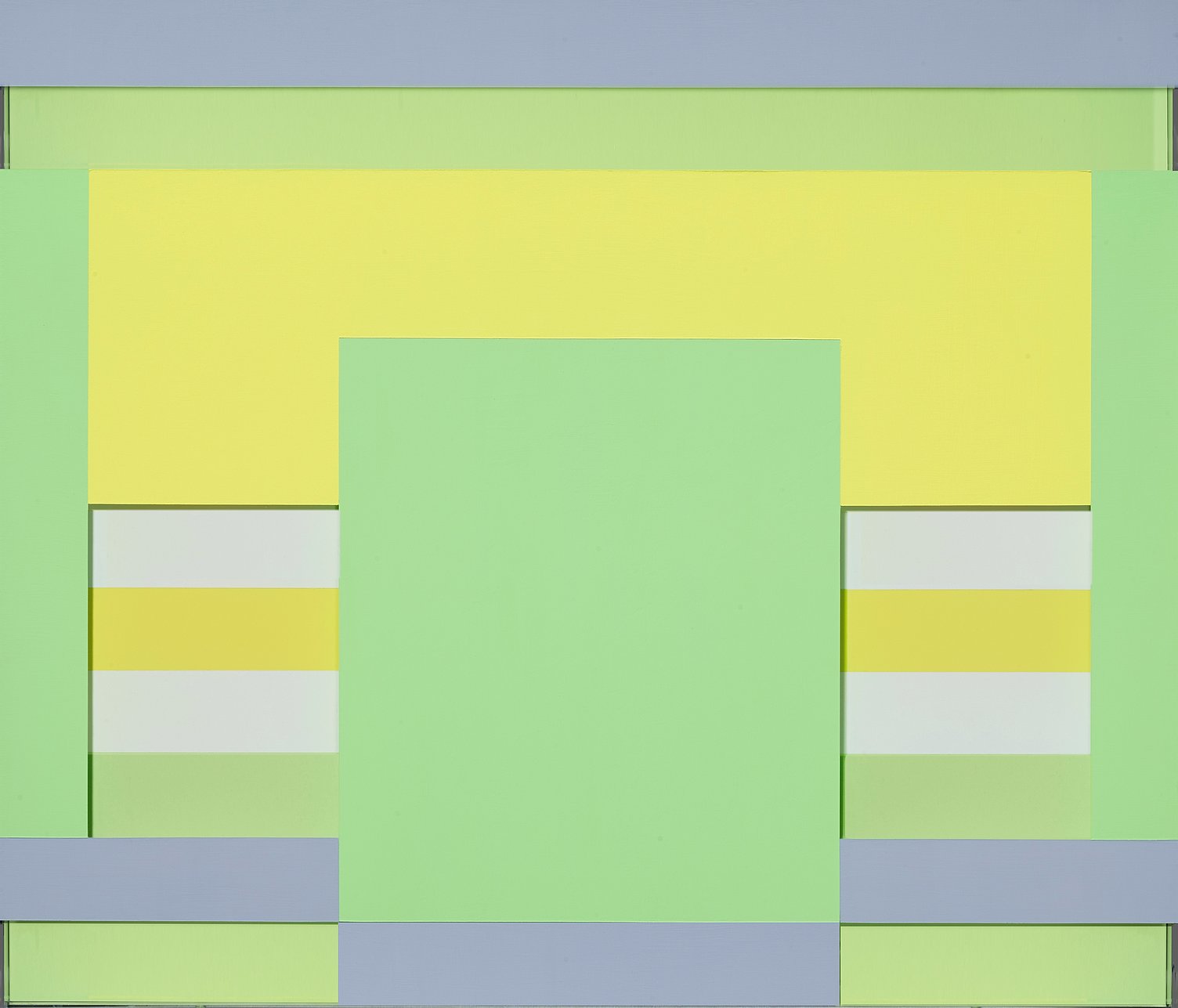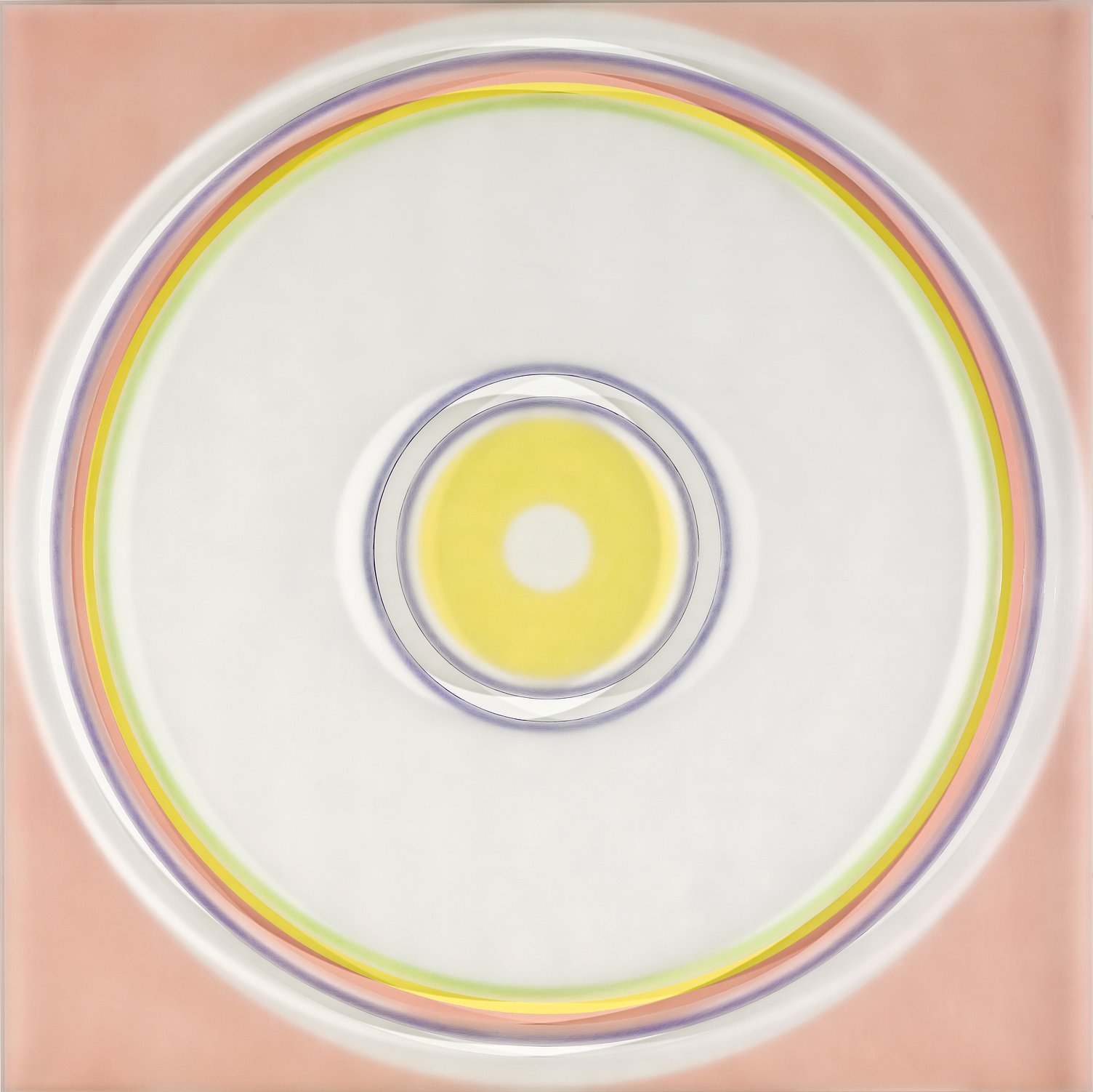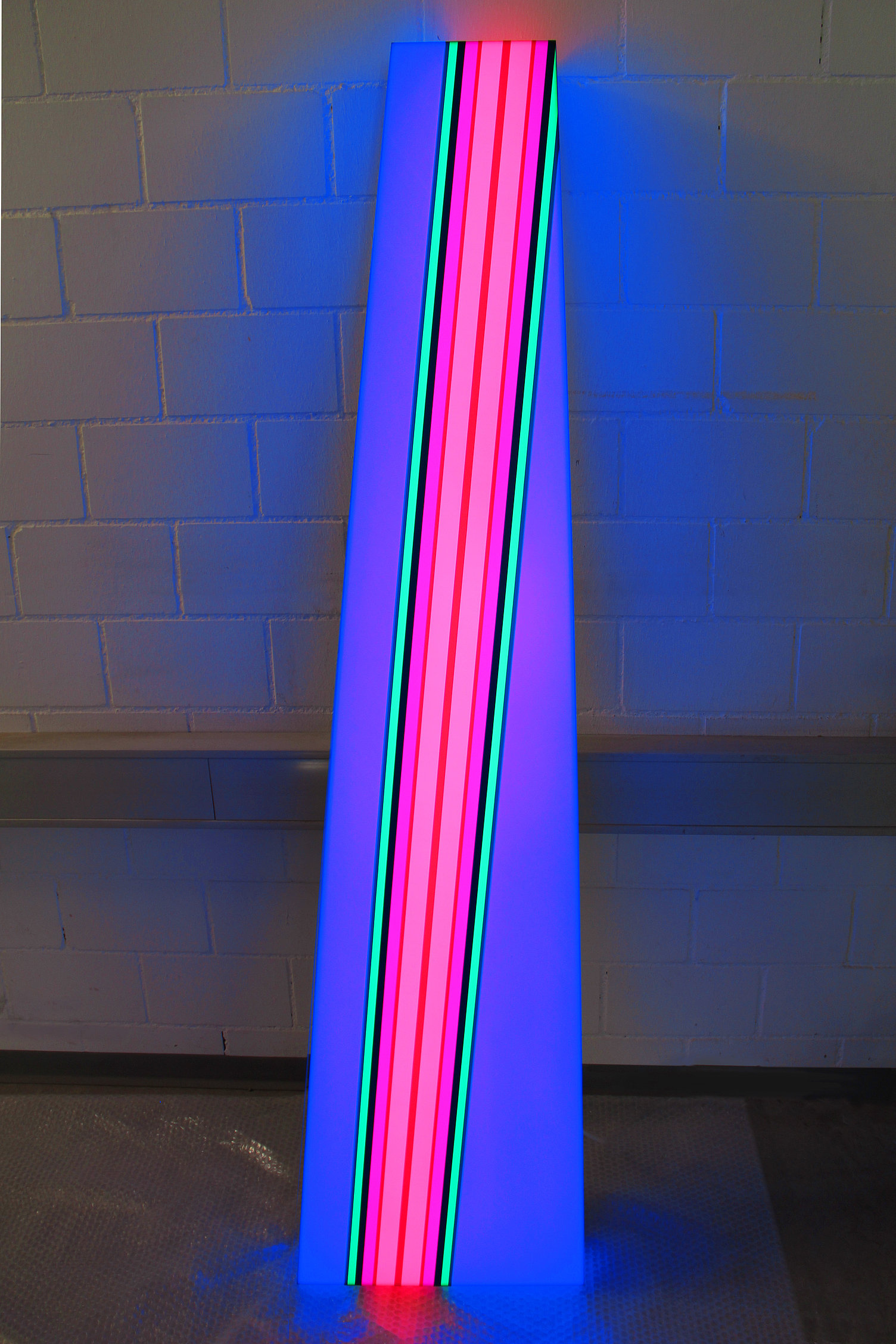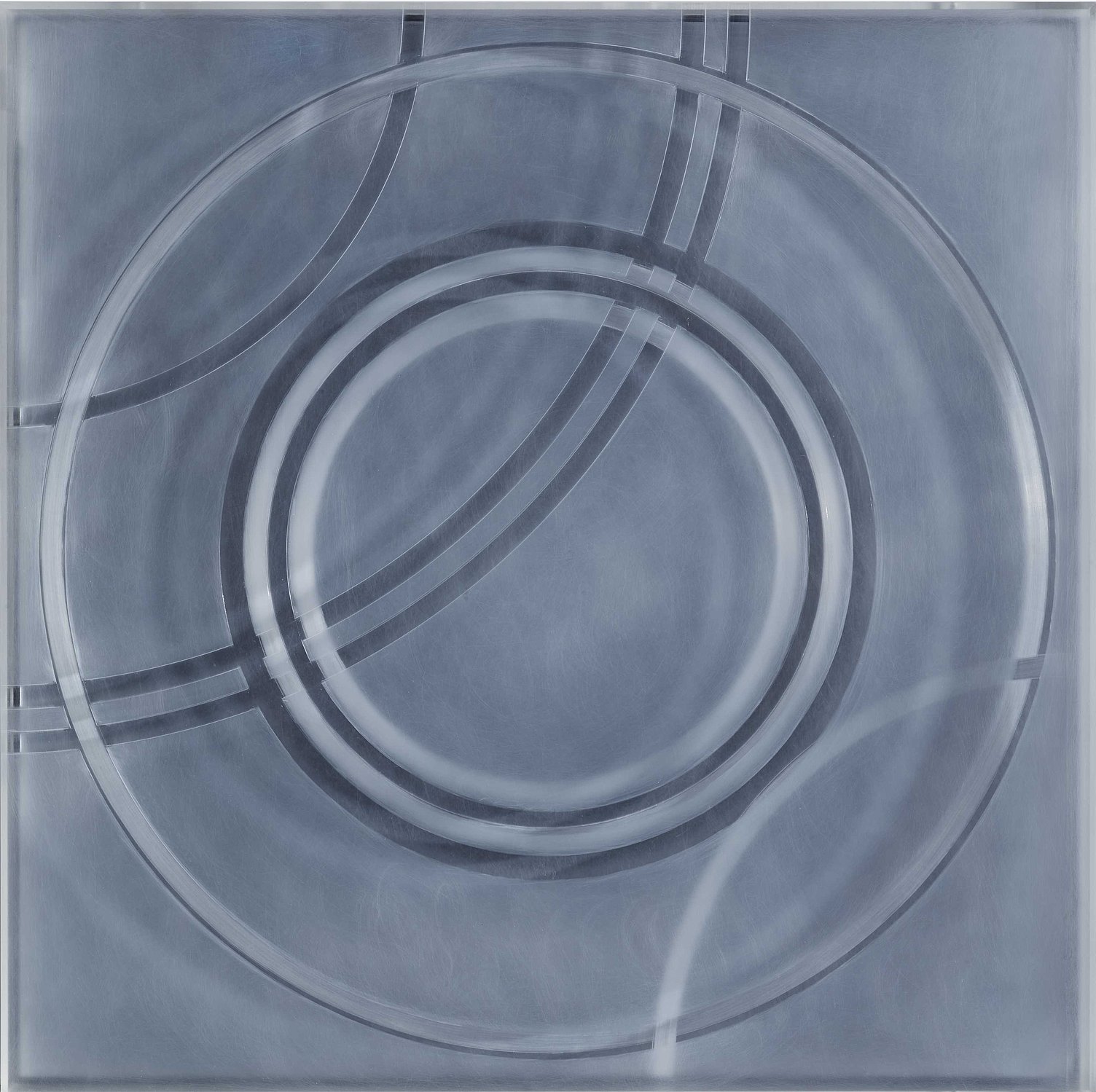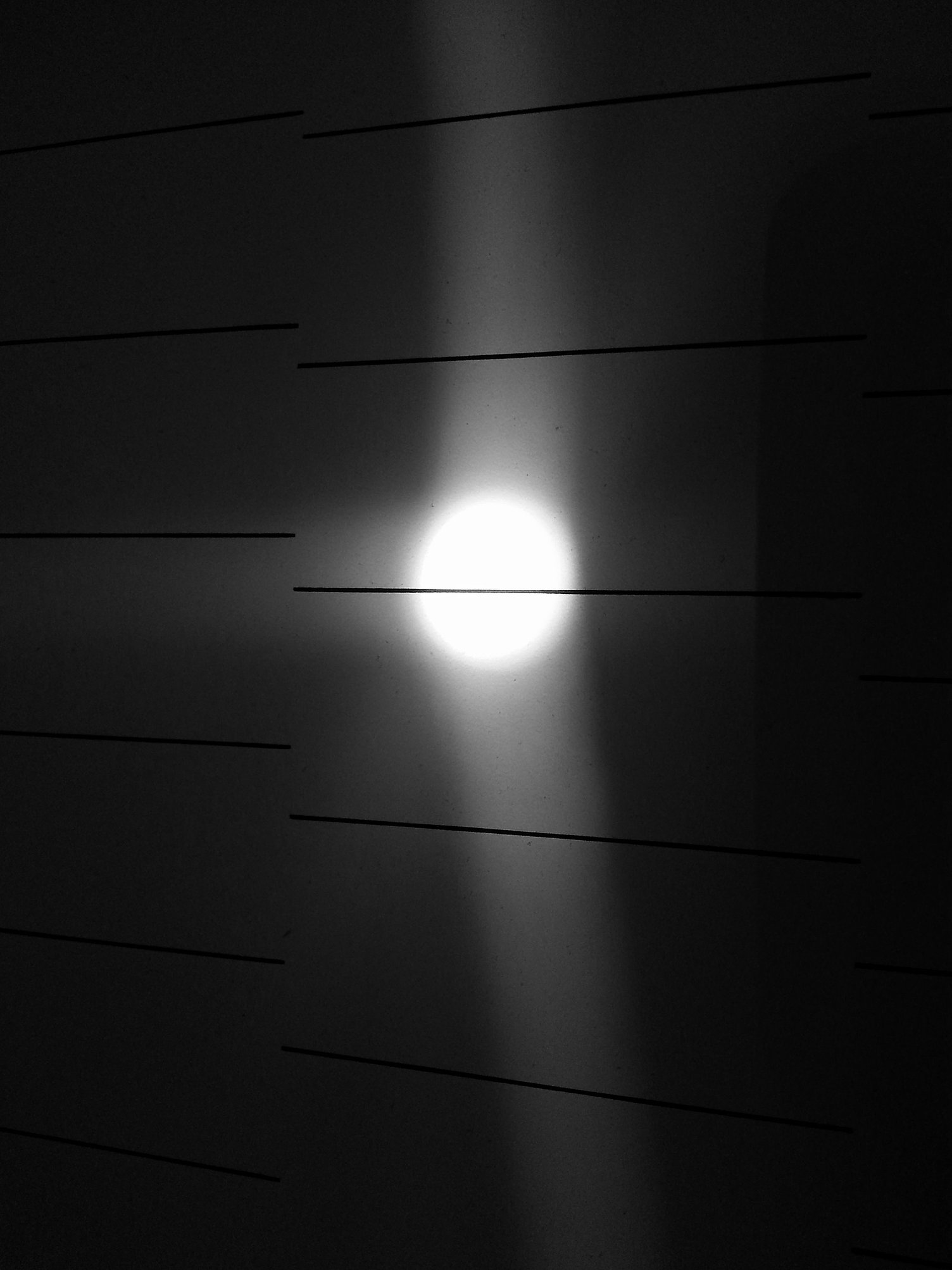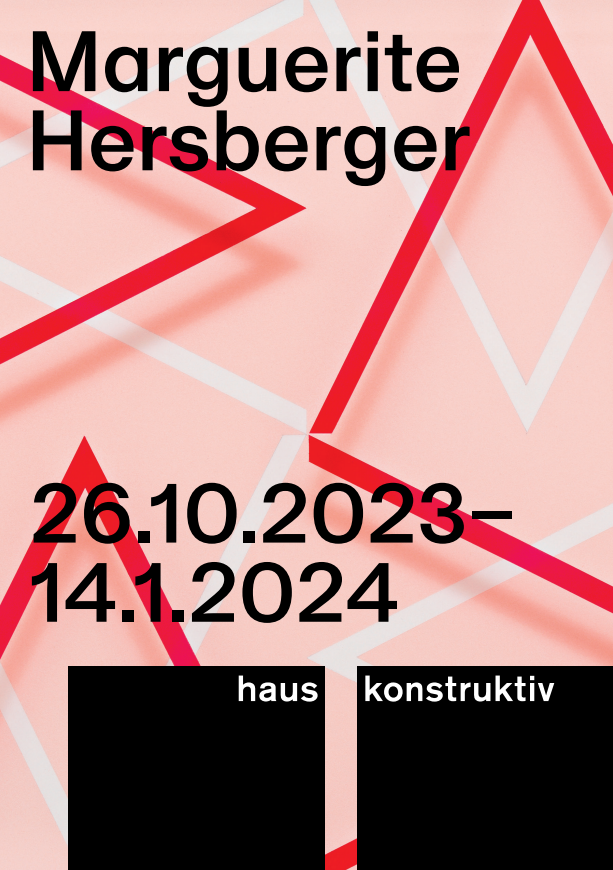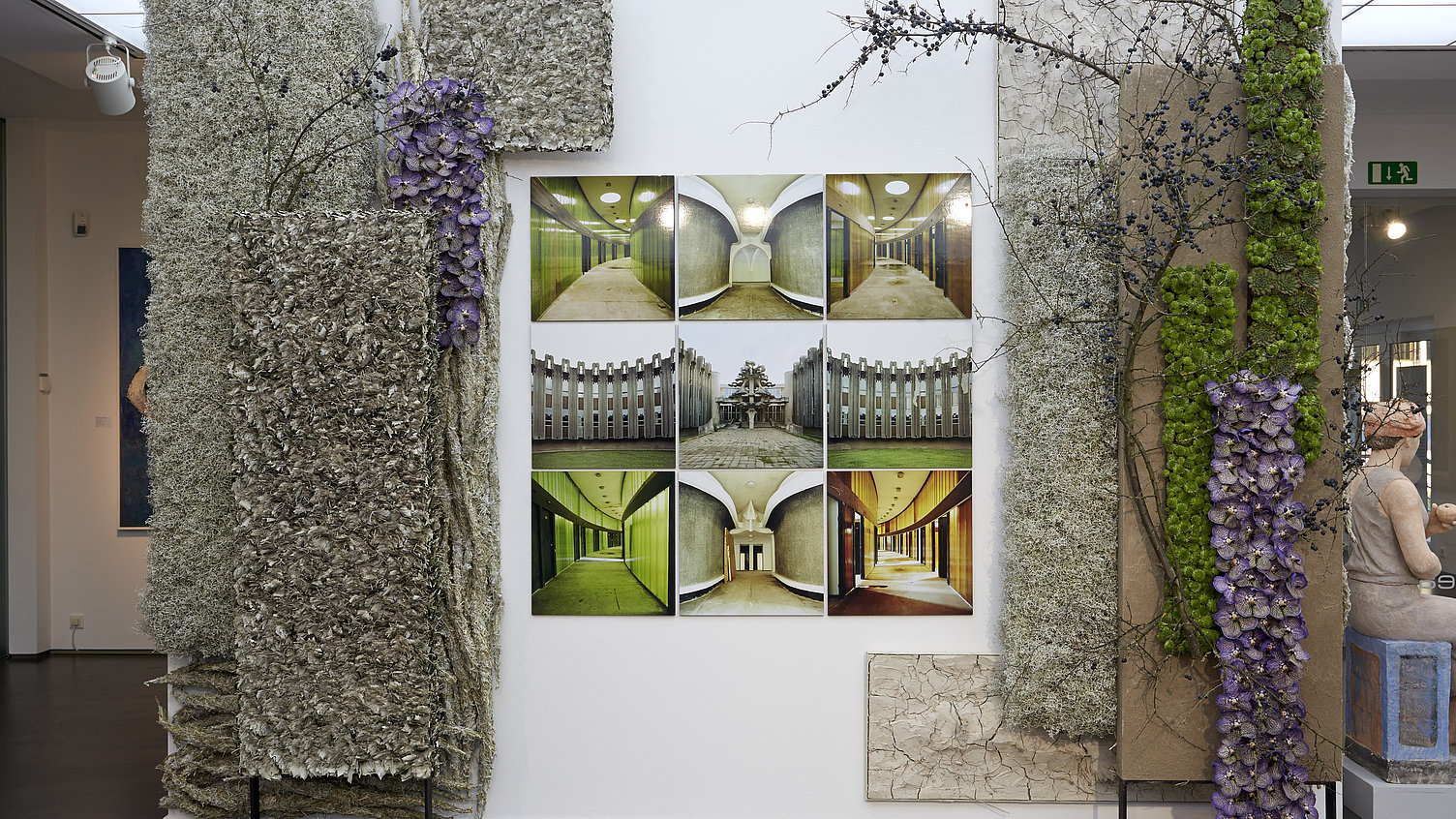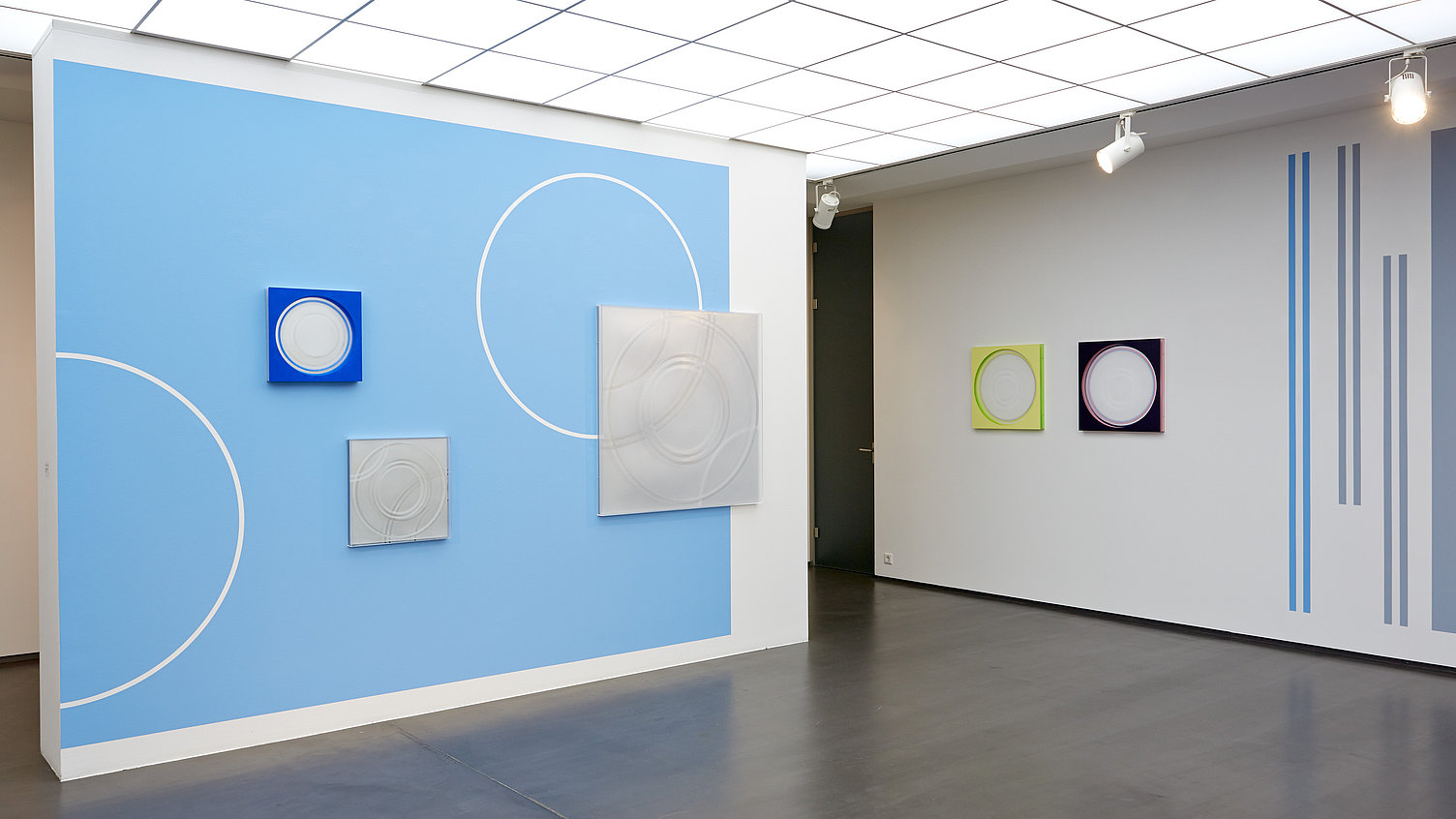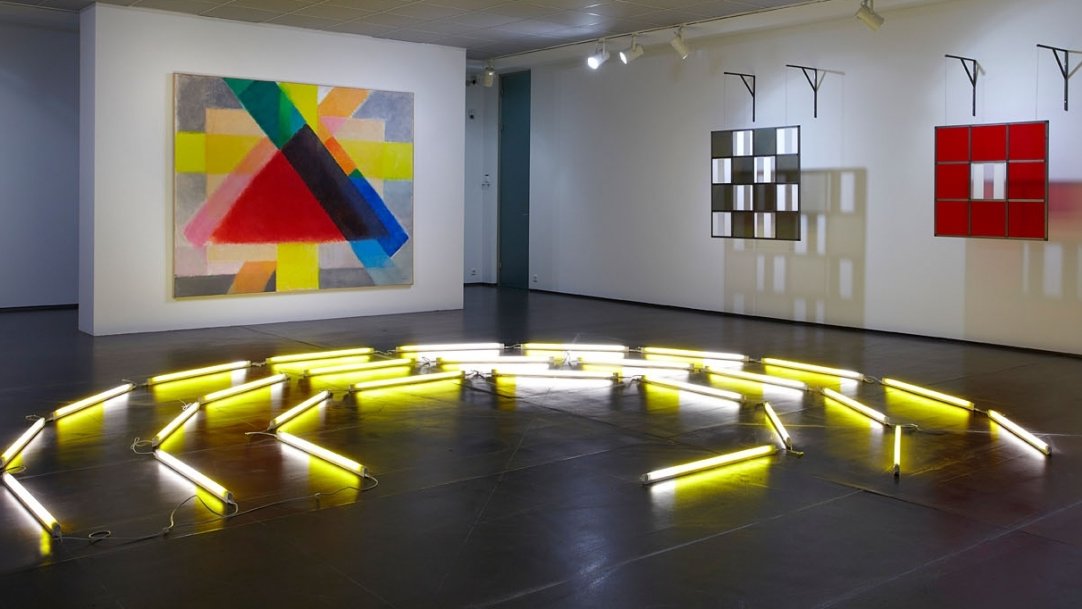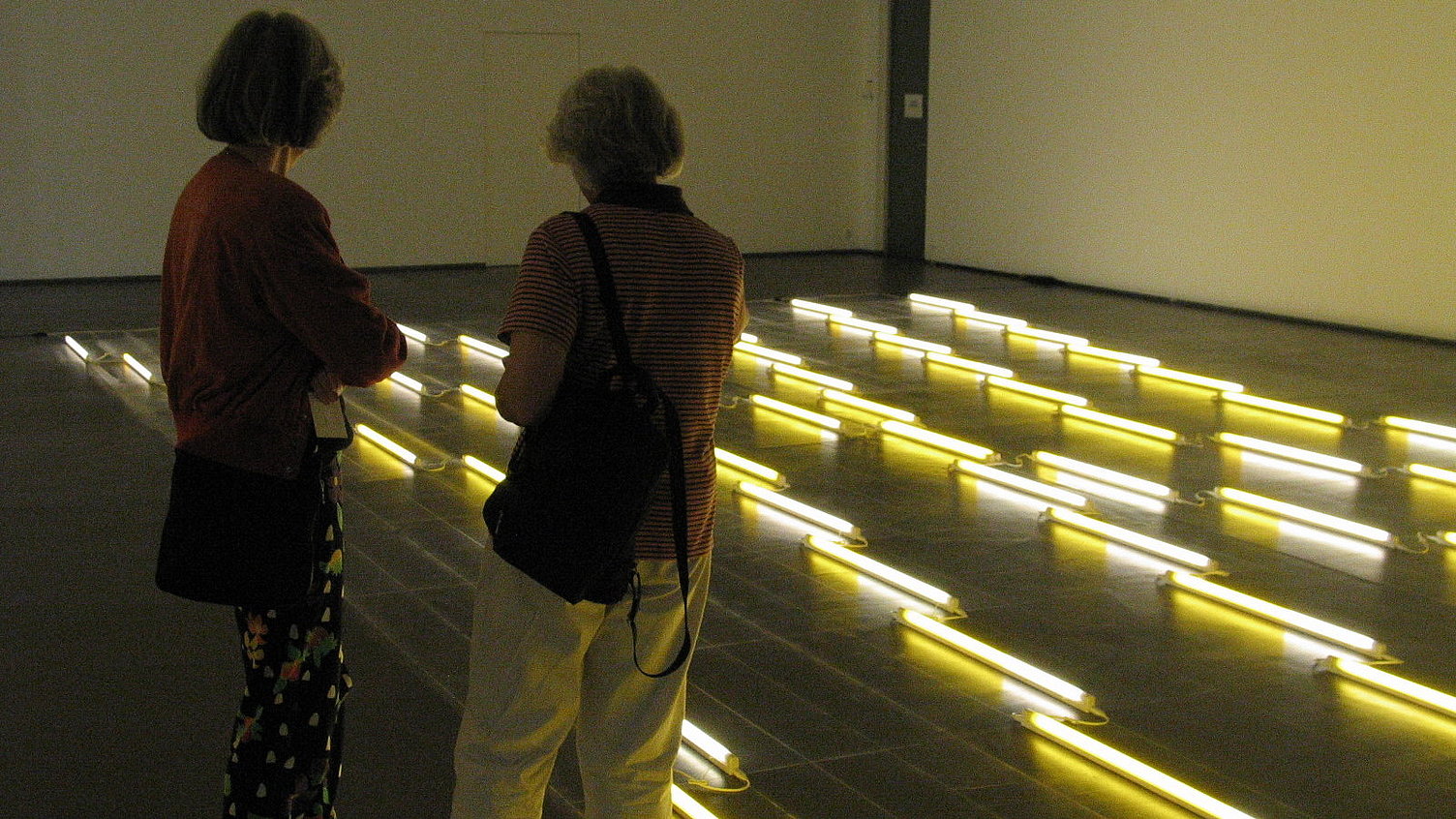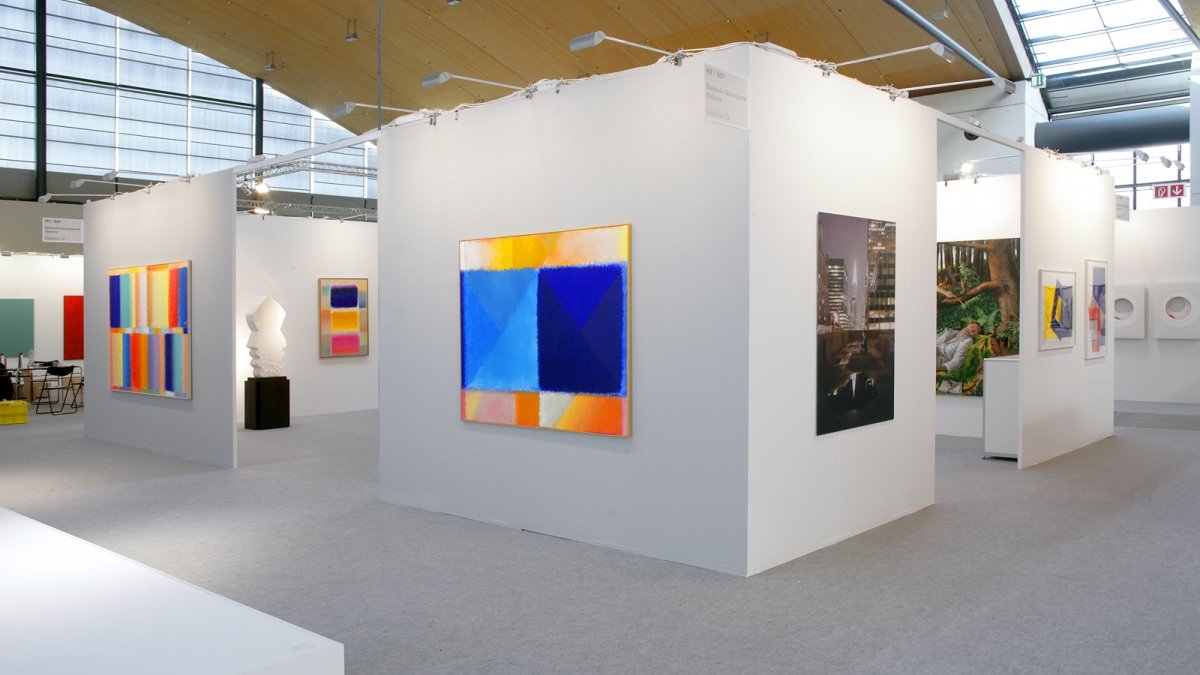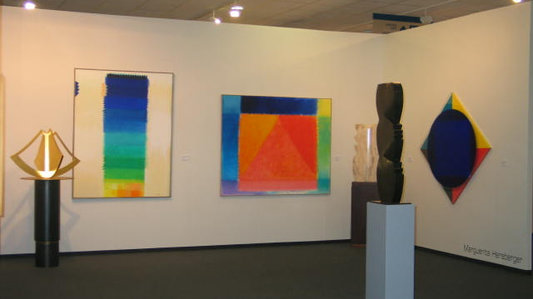Marguerite Hersberger
Marguerite Hersberger - Giving space to space
Museum Haus Konstruktiv, Zurich
Curated by Sabine Schaschl and Evelyne Bucher October 26, 2023 - January 14, 2024
October 25, 6PM ANNISSAGE Starting at 6:30PM Speakers: Andreas Durisch, President of the Foundation for Constructive, Concrete and Conceptual Art, Michel M. Liès, Chairman of Zurich Insurance Group, Cecilia Jaber Breceda, Mexican Ambassador to Switzerland and Liechtenstein, and Sabine Schaschl, Director Museum Haus Konstruktiv. Exhibition catalog
Marguerite Hersberger, born in Basel in 1943, attended the School of Design there from 1964 to 1966, focusing on sculpture. She then worked for several years in the sculpture studio of François Stahly in Paris. In 1970 she moved to Zurich, where she still lives today. Hersberger's oeuvre has gained national and international renown not only for her objects, but also and especially for her numerous art-in-building projects. A separate room will be dedicated to them.
On the occasion of Marguerite Hersberger's eightieth birthday, Museum Haus Konstruktiv is dedicating a comprehensive solo exhibition with a retrospective character to the Swiss artist. As one of the most important representatives of constructive-concrete contemporary art, Hersberger has been equally interested in light and color as well as in geometric form and space since the beginning of her artistic work. The fact that these aspects, which are so substantial for her oeuvre, are in constant dialogue becomes clear from the exemplary selection of works in the exhibition at Haus Konstruktiv.
Biografie
Marguerite Hersberger was born in Basel in 1943. She studied at the Basel School of Applied Arts from 1964 -1966, lived in Paris from 1967 to 1970 and then moved to Zurich. Since the 1970s Marguerite Hersberger belongs to the group of "Zurich Concrete".
Her formal language is geometric, her colors are strong and vivid. Hersberger's earlier works, the "boîtes magiques", were small boxes containing a prism that interacted with light. This play with color, light and shadow marked explorations of light and color, stillness and movement. Later, in Zurich, she created glass boxes with nylon threads ("organization spatiale") that stylistically echoed the 1930s period with Naum Gabo. There is a reference to the constant dichotomy of open and closed form. The boxes are spaces of color and light that give special meaning to their surroundings. In other works, Marguerite Hersberger uses acrylic glass and pigments. She polishes, scratches and paints the acrylics, limiting the form to circles and squares. The circles are sometimes concentric, sometimes demonstratively shifted against each other, creating a deep-rooted pictorial movement.
In some works, the light source and the construction element coincide, which links them to Dan Flavin and Keith Sonnier. In contrast to these two artists, however, Marguerite Hersberger's creations appear very self-referential. In her most recent works, the artist illustrates conceived color light spaces in the reduction process of form, color and light. Her well-known layers of color determined by geometric shapes as the purest form show the aesthetic power of simplification in space. In Hersberger's wall paintings, luminous objects, 3D objects and photographs, they all merge into forms in an almost magical way. They stand transparent only for themselves as the fascination of a specific color dialogue. Hersberger thus explores the diversity of formal and colorful combinatorics in a highly subjective, lyrical mode of articulation. Her aim is to create a notion of harmony through the abstraction of light by never relinquishing delicate nuances with color contrasts and, despite the restriction to a few basic geometric forms, to create a compositional variability that exemplarily reveals the universality of a spiritualized formal language.
Licht hat für mich die größte Transparenz. In seiner unaufdringlichen Kraft zeigt es sich als gestalterisches Medium: in den zahllosen Variationen, den facettenreichen Spiegelungen, Bündelungen, Brechungen und in seiner Ausstrahlung. Ohne Materie wäre das Licht unsichtbar.
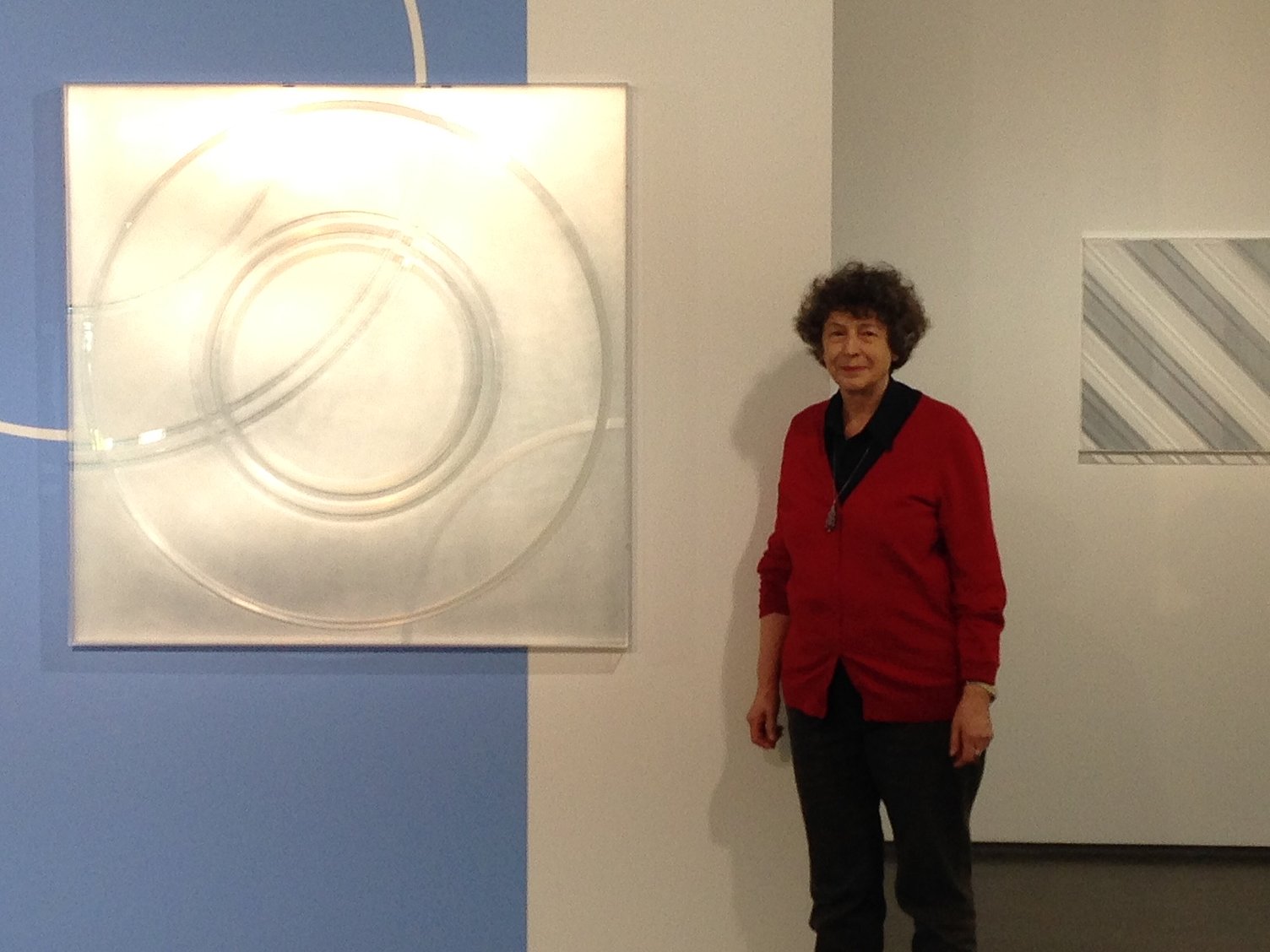
Ausstellungen
Messen
Museum exhibitions (selection)
Marguerite Hersberger - Dem Raum Raum geben, 26.10.2023 bis 14..01.2024, Museum Haus Konstruktiv, Zürich
10 Jahre Kunst (Zeug)haus, 03.06.2018 - 05.08.2018, Kunst-(Zeug)haus, Rapperswil, St. Gallen
Um die Ecke denken – Die Sammlung Haus Konstruktiv von 1986-2016, 02.06.2016 - 04.09.2016, Haus Konstruktiv, Zürich
Transparenz und Spiegelung, 16.08.2014 - 21.12.2014, Rehmann Museum, Laufenburg
achse: nizza/ zürich/ karlsruhe, 03.04.2014 - 27.05.2014, Schauraum multipleart, Zürich
Quadratisch. Praktisch. Kunst. Die Sammlung Marli Hoppe-Ritter zu Gast in Schwäbisch-Gmünd,
08.04.2011 - 09.10.2011, Museum im Prediger, Schwäbisch-Gmünd
Ganz Konkret - 100 Jahre Entwicklung, 11.11.2010 - 30.1.2011, Folge 2, haus konstruktiv, Zürich
Hommage an das Quadrat, Werke aus der Sammlung Marli Hoppe-Ritter 1915 - 2009, Museum Ritter, Waldenbuch

